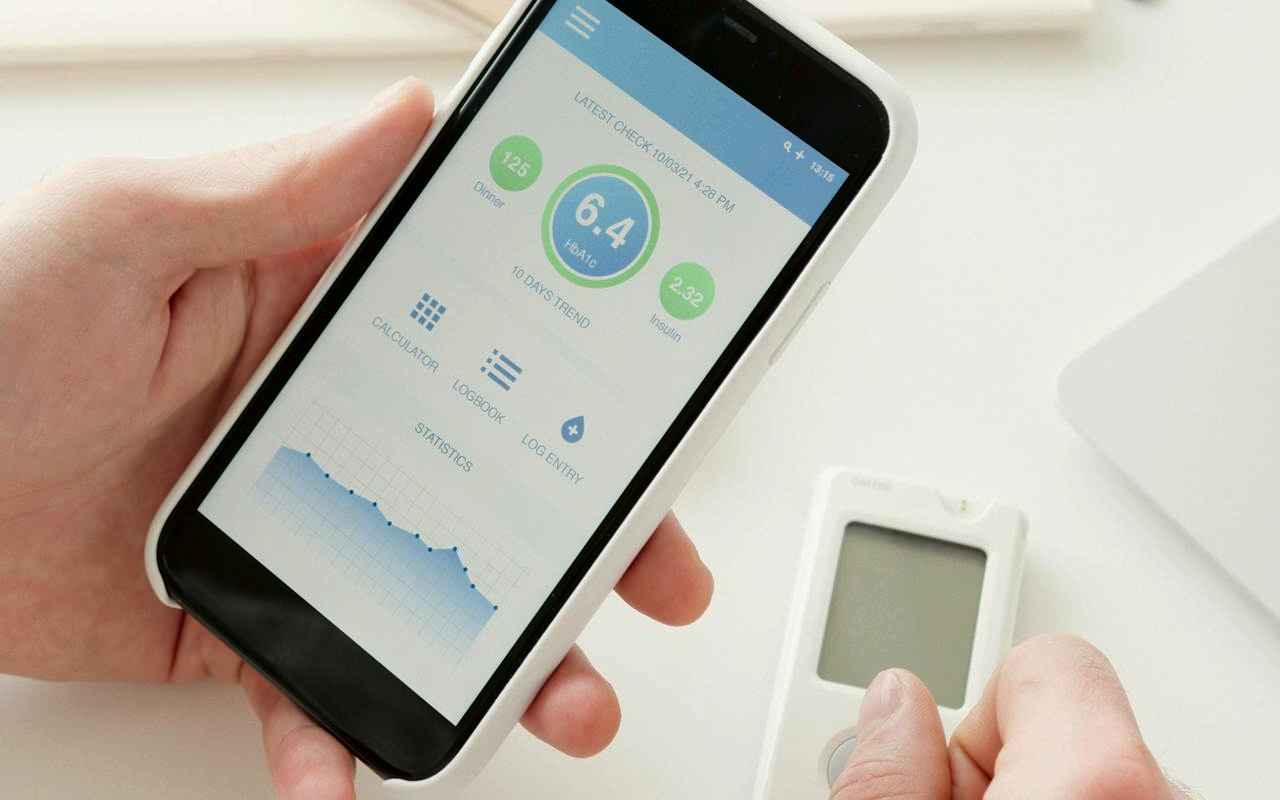
The rapid advancement of digital technologies in healthcare has brought numerous benefits, from improved patient care to streamlined administrative processes. However, the widespread use of electronic health records (EHRs) has also raised concerns about data security and interoperability. Blockchain technology is emerging as a powerful solution to these challenges, offering a decentralized, secure, and transparent approach to managing patient data.
Understanding Blockchain in Healthcare
Blockchain is a distributed ledger technology that records transactions across multiple computers, making data tamper-proof and highly secure. Unlike traditional centralized databases, blockchain ensures that no single entity has control over the entire data set. This decentralized approach enhances data security, reduces fraud, and enables seamless interoperability among healthcare providers.
Securing Patient Data with Blockchain
One of the most significant challenges in healthcare is protecting patient information from breaches and unauthorized access. With the increasing number of cyber threats, blockchain provides a robust security framework by encrypting and decentralizing data storage.
How Blockchain Enhances Data Security:
- Encryption and Hashing: Blockchain encrypts patient data, making it nearly impossible for hackers to manipulate or steal information.
- Decentralized Storage: Unlike traditional EHR systems that rely on centralized servers, blockchain distributes data across multiple nodes, reducing the risk of a single point of failure.
- Immutable Records: Once a record is added to the blockchain, it cannot be altered or deleted, ensuring data integrity.
- Smart Contracts: These automated agreements help enforce compliance and streamline data-sharing protocols between healthcare entities.
By integrating blockchain with an AI Medical Scribe, healthcare providers can ensure that real-time documentation is accurate, secure, and easily accessible across authorized platforms.
Enhancing Interoperability with Blockchain
Interoperability remains a significant challenge in healthcare, as different EHR systems often fail to communicate effectively. Blockchain can bridge this gap by enabling a secure and standardized framework for data sharing.
Key Benefits of Blockchain for Interoperability:
- Standardized Data Exchange: Blockchain creates a unified format for storing and exchanging health records, reducing discrepancies between different systems.
- Permissioned Access: Patients can grant access to their medical records to specific providers, ensuring that data remains confidential and only shared with authorized individuals.
- Eliminating Redundancies: Since blockchain records are immutable, duplicate tests and procedures can be avoided, leading to cost savings and improved patient care.
- Cross-Border Data Sharing: Blockchain allows secure data sharing across different healthcare organizations and countries, improving global healthcare collaboration.
A medical appointment scheduler integrated with blockchain can further enhance interoperability by ensuring that patient data is readily available across various healthcare systems, reducing administrative burdens and improving efficiency.
Real-World Applications of Blockchain in Healthcare
Several organizations and healthcare providers have started implementing blockchain to improve security and interoperability.
Notable Use Cases:
- EHR Management: Companies like Medicalchain and IBM Watson Health are leveraging blockchain to create secure and interoperable health records.
- Clinical Trials: Blockchain ensures transparency and data integrity in clinical research, preventing data tampering and fraud.
- Supply Chain Management: Pharmaceutical companies use blockchain to track the authenticity of drugs and prevent counterfeit medicines from entering the market.
- Medical Insurance: Blockchain enables seamless claims processing by eliminating paperwork and reducing fraudulent claims.
Future of Blockchain in Healthcare
The integration of blockchain with Medical Practice Management Software is set to revolutionize the industry. By combining blockchain’s security and interoperability with advanced management tools, healthcare providers can optimize workflows, reduce operational costs, and enhance patient outcomes.
Challenges and Considerations:
- Regulatory Compliance: Governments and regulatory bodies must establish guidelines for blockchain-based healthcare solutions.
- Scalability: Current blockchain networks may struggle to handle large volumes of patient data efficiently.
- Integration with Legacy Systems: Transitioning from traditional EHR systems to blockchain-based solutions requires significant investment and planning.
- User Adoption: Educating healthcare professionals and stakeholders about blockchain’s benefits is crucial for widespread adoption.
Conclusion
Blockchain technology has the potential to transform healthcare by securing patient data and enhancing interoperability. By integrating blockchain with AI-driven solutions like AI Medical Scribe, Medical Appointment Scheduler, and Medical Practice Management Software, healthcare providers can achieve a more efficient, secure, and patient-centric system. As the technology matures, addressing scalability, regulatory, and adoption challenges will be crucial to unlocking its full potential in the healthcare industry.
Share this post
Leave a comment
All comments are moderated. Spammy and bot submitted comments are deleted. Please submit the comments that are helpful to others, and we'll approve your comments. A comment that includes outbound link will only be approved if the content is relevant to the topic, and has some value to our readers.

Comments (0)
No comment